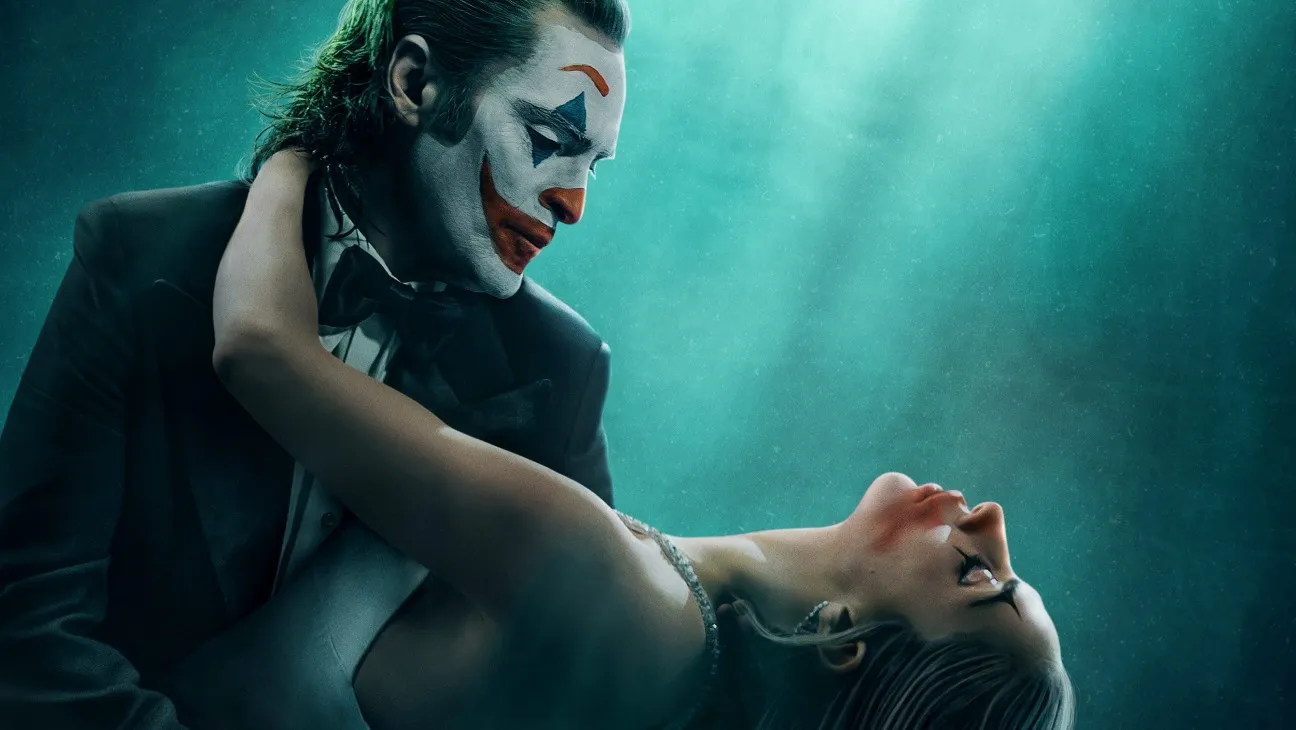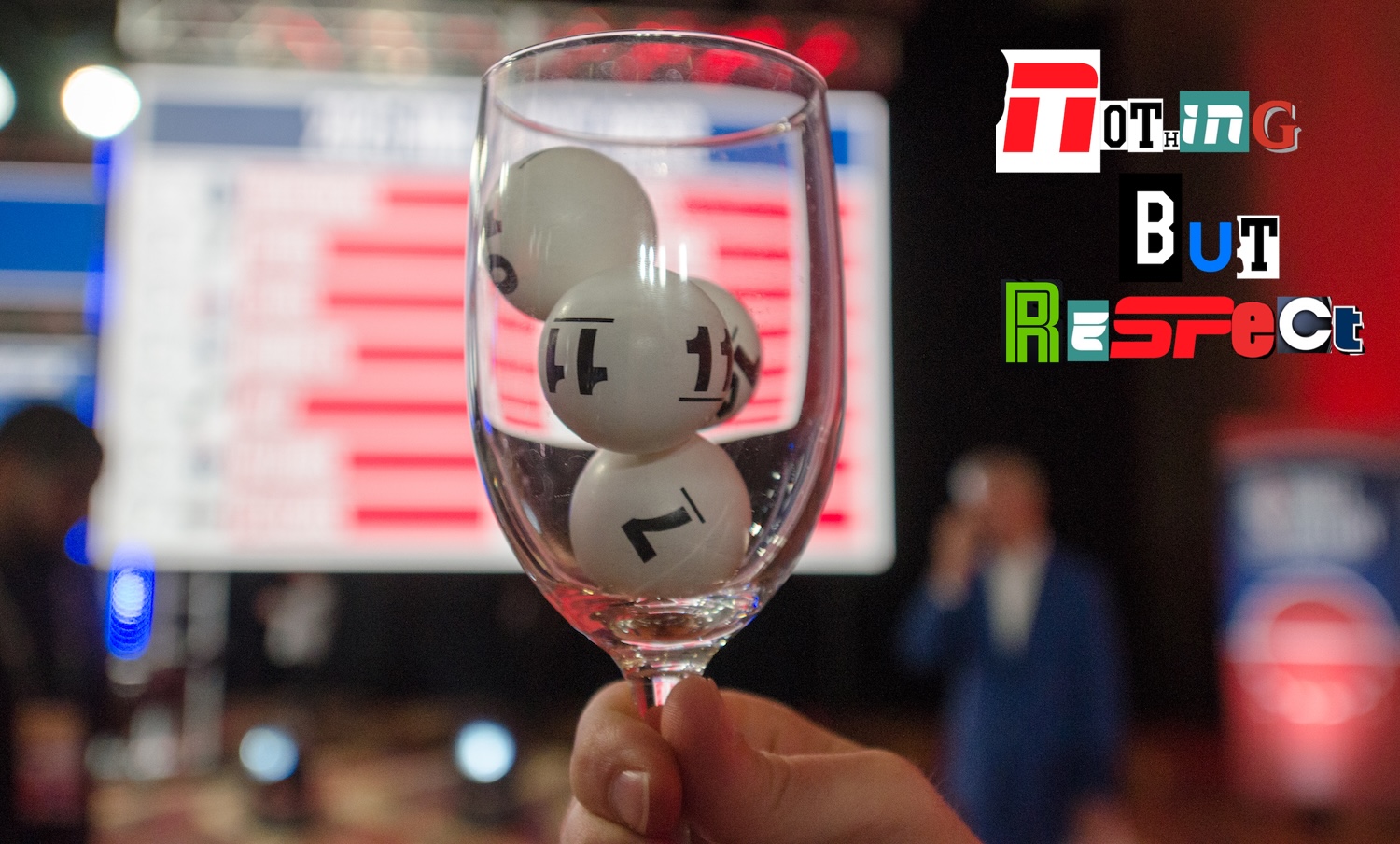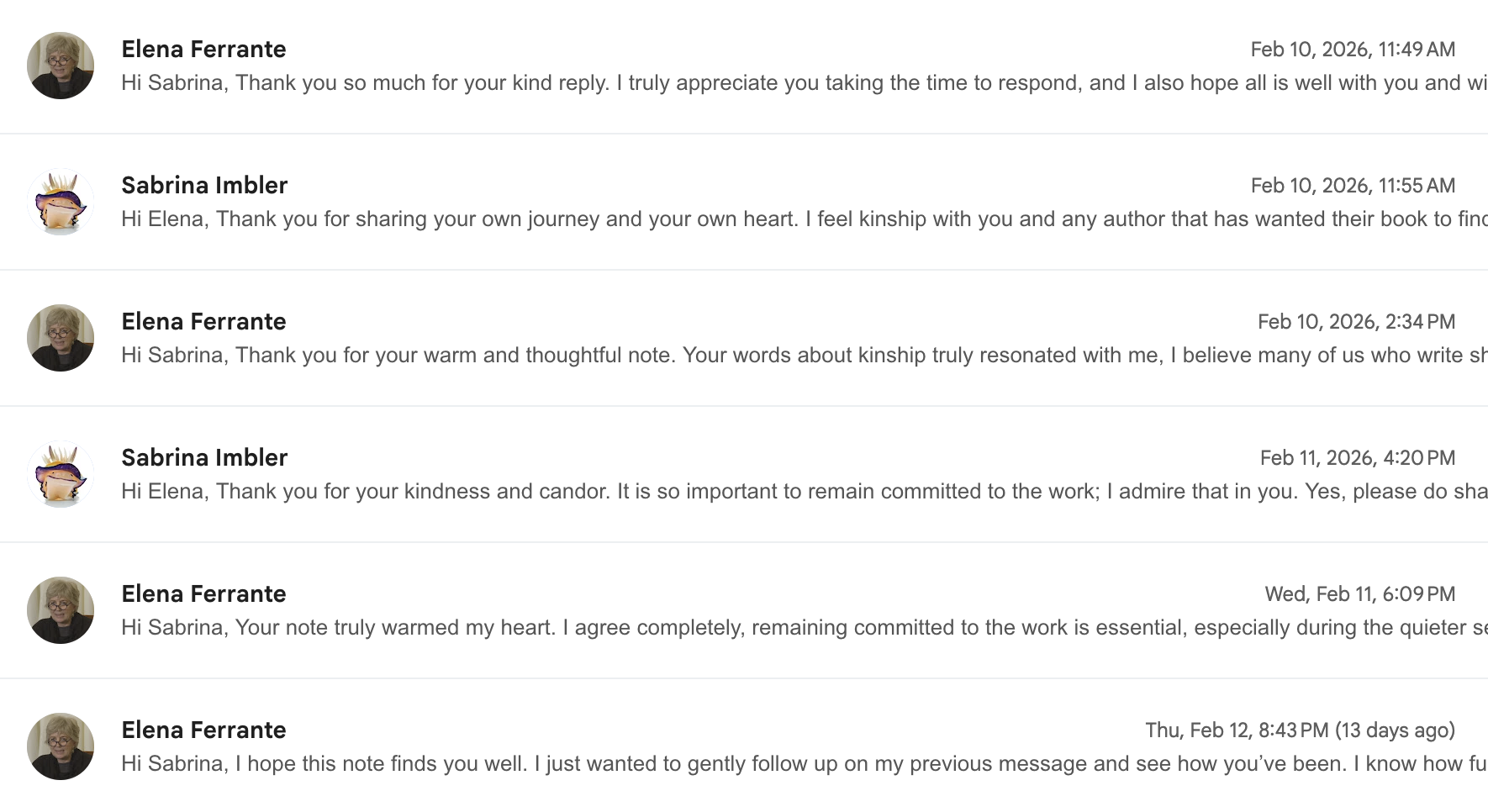David Foster Wallace had a thing for boredom. He had such a thing for it that he turned it into a kind of last legacy. According to a lengthy (and pretty great) piece in The New Yorker by D.T. Max published a year after Wallace died by suicide in 2008, he left behind a third of his final novel, The Pale King, for which he had spent countless hours researching boredom. A typed note he also left behind laid out the book’s central intention: “Bliss—a-second-by-second joy and gratitude at the gift of being alive, conscious—lies on the other side of crushing, crushing boredom. Pay close attention to the most tedious thing you can find (Tax Returns, Televised Golf) and, in waves, a boredom like you’ve never known will wash over you and just about kill you. Ride these out, and it’s like stepping from black and white into color. Like water after days in the desert. Instant bliss in every atom.”
This interest of Wallace’s has been closely connected to mindfulness, but the two things are a little different. Mindfulness is an awareness of things as they come, it is a kind of riding out, but that’s not exactly bliss you find through it so much as a kind of acceptance—which, to a person in constant distress, can no doubt, relatively speaking, feel like bliss. “Pay close attention to the most tedious thing you can find.” I didn’t realize this would be Joker: Folie à Deux.
Wallace, because I have been reading him lately, was the first thing I thought of when trying to describe Todd Phillips’s latest and that “crushing, crushing boredom.” It’s hard to know where to even start with this, uhm, thing, because it’s hard to even describe Joker 2 as a film—it doesn’t really play like anything finished. It plays like a bunch of dashed off half-ideas or impressions or something (and, unlike the first Joker, doesn’t have Scorsese to fall back on as an organizing referent, nor is it coming out at a time when the vibrations of the world can easily slip into its cracks). Joker 2 comes across like a bunch of lines were written, a bunch of actors did what they could with those lines, a bunch of scenes were then shot and stitched together, none of this for any reason anyone who made it or is watching it fully understands. There’s no real story, there’s no real motivation, there’s absolutely no movement. In my notes, numerous times, I wrote: “What’s the point?”
“The goal of this movie is to make it feel like it was made by crazy people,” Phillips told Variety. “The inmates are running the asylum.” According to Wikipedia, Joker 2 is a “musical psychological thriller.” And, yes, as Arthur Fleck (Joaquin Phoenix, scary skinny) sits in Arkham Asylum (with Brendan Gleeson as a guard who is basically given nothing to do, Catherine Keener as an attorney given barely more, both of them nonetheless lighting up all this absence by sheer themness), where he meets fellow patient Lee Quinzell (Lady Gaga) in music therapy, the musical interludes start to come and come and come again like some kind of infinite attempt at a Hail Mary with poor Gaga doing the heavy lifting of absolutely nothing. I can’t remember if it was me or my friend who said: “Please, not another musical number.” Phoenix and Gaga have great chemistry but there is no real build-up of a relationship here, and in place of any kind of understandable connection, Arthur and Lee just keep breaking into song and dance—in smoke filled rooms, outside in the lamplight, in dreams—Arthur as the Joker doing his trademark lean-back-exhale, as it is revealed it was all just a lie, for both of them, for everyone, because apparently the gist of this whole thing is that it’s all a performance. “All we had was the fantasy and you gave up,” says Lee at the end, which is maybe why this movie is so bad because you can’t hang everything on something so skimpy.
I will say this though, to reach back to Wallace for a second. There was a moment in which I thought, “I want those two hours and 18 minutes back,” but almost just as immediately I didn’t. I was sitting with a friend I adore, at the movies, eating popcorn, drinking a cherry Coke, and I swear, the boredom I felt in that film did actually render me … if not blissed out, at least, at the risk of sounding saccharine, mindful of what I had. And, OK, it wasn’t ALL bad. There’s a funny part with Steve Coogan as a broadcast journalist vulture whose perplexed facial expression when Arthur breaks into song was perhaps the most meta-fitting of moments, and when Arthur imitates his cadence (“H-what’s changed”) it’s hard not to laugh. But the most true to itself this film seems to be is when Arthur kind of out of nowhere viciously starts beating people to a pulp in the courtroom. The violence, which turns out to be a fantasy, is sudden—it breaks out during a musical number if I am remembering correctly—and excessive. Like, it’s gross. And there’s something about that pointless, almost banal male aggression that seems very Phillips—just thoughtlessly doing something because he can, because he feels the impulse.
The whole idea for Joker 2 didn’t come from Phillips though, who felt the first film was all he had in him. But then Phoenix apparently had a dream even before wrapping Joker in which Arthur is performing on stage, telling jokes and singing, finally able to express himself through music (and for what it’s worth, Phoenix has a decent voice). But I can’t think of this film, presented as it is, as a kind of risk (“I’m addicted to risk. I mean, it keeps you up at night. It makes your hair fall out. But it’s the sweat that keeps you going,” Phillips said in that same Variety interview), without thinking of the risk Phoenix didn’t actually take. I am referring to him leaving filmmaker Todd Haynes high and dry after approaching him—in a similar way to how he approached Phillips—about a love story between two men set in the 1930s. Haynes told Variety last year, “it all started with Joaquin having some ideas and some thoughts and just questions and images.” He added, “Joaquin was pushing it further into more dangerous territory, sexually.” Fast forward to last month and at the San Sebastian Film Festival, Haynes’s long-time producer Christine Vachon was visibly upset at Phoenix dropping out of the project weeks before it was set for production. “Todd Haynes is 62, He’s not old but there’s a finite number of films that he will be able to do in his lifetime,” she said, according to Deadline. “The idea that his time was wasted, and a movie is not the result of all that time working with Joaquin, is a tragedy to me.”
Asked about it during a Joker 2 presser, Phoenix would not address his departure from the Haynes film. “I’d just be sharing my opinion from my perspective and the other creatives aren’t here to share their piece so I don’t think that would be helpful,” he said. “So I won’t.” If nothing else, those words make about as much sense strung together as Joker: Folie à Deux—so maybe it’s fitting Joker 2 got made and a potentially interesting one did not.






